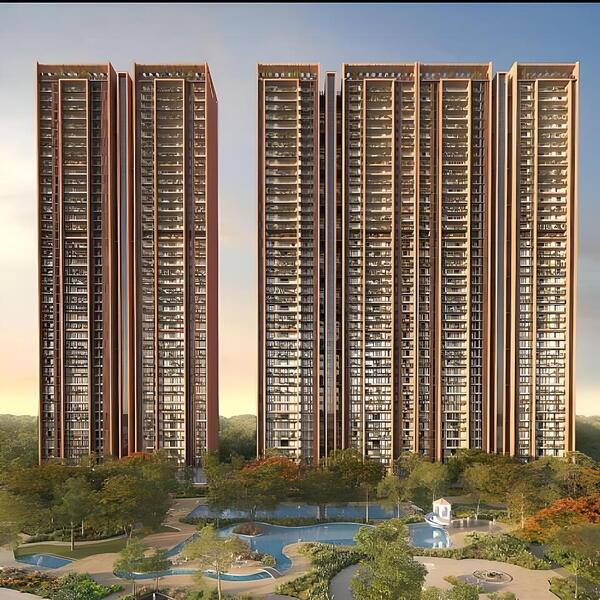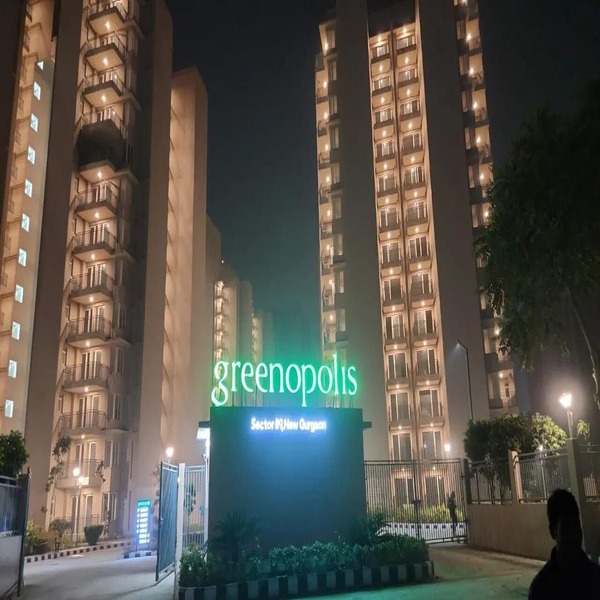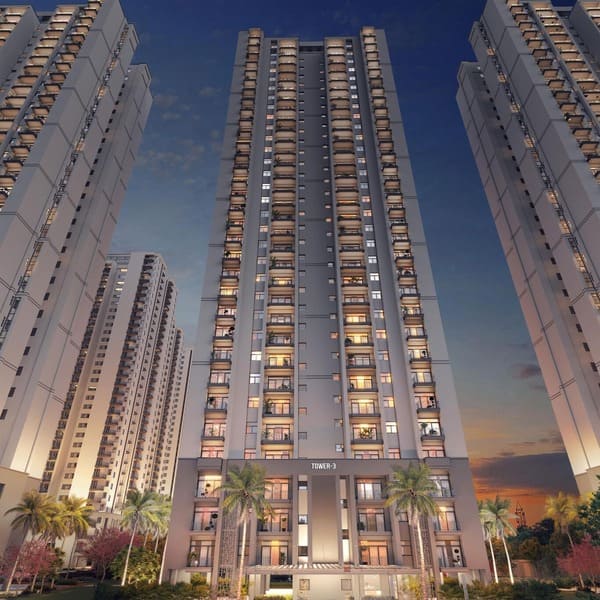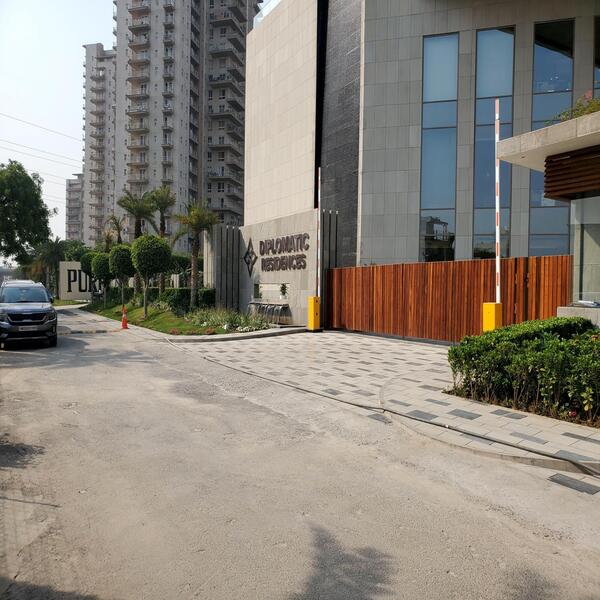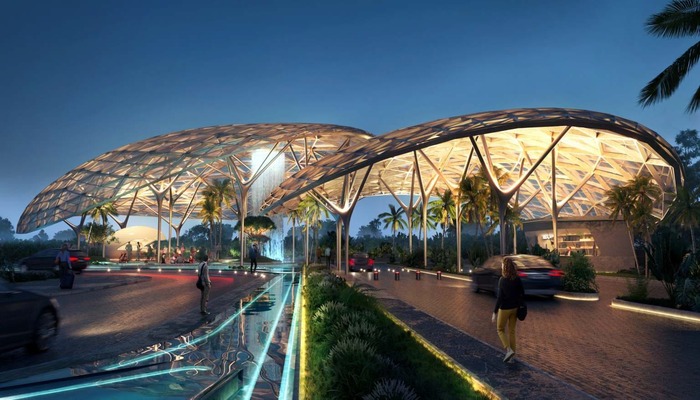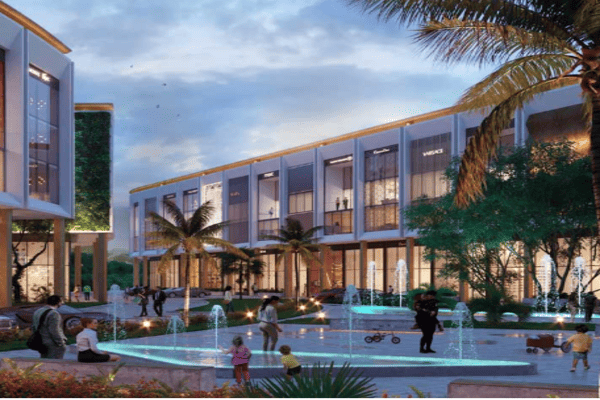Who We Are
Established in 2006, Ayuni Direct Realty is a Gurgaon-based real estate consultancy dedicated to providing a seamless property buying and selling experience across India. With our RERA Registration No. GGM/64/2017/IR/70/EXT1/2022/7, we are committed to transparent and ethical practices. Our expert team of financial and property advisors leverages extensive market knowledge to create tailored investment portfolios, ensuring our clients achieve maximum returns. We pride ourselves on understanding each client’s unique needs, offering reliable guidance to help them make the best decisions for their future.

The Difference & Impact
We’re redefining real estate by focusing on what truly matters
Our developers
Award & Recognitions
Testimonials

One of the best property advisors with transparency which is not seen in today’s world.
I had bought and sold properties through Ayuni. I recommend Ayuni for fair deals and are totally reliable.

“Got my flat in Gurgaon through them. The paperwork and follow-ups were handled smoothly. Good experience overall!”.

Honest people, transparent dealing. Felt safe investing with them. Will definitely refer to family and friends.

Got my flat in Gurgaon through them. The paperwork and follow-ups were handled smoothly. Good experience overall!

Team Ayuni, so ably headed by Sh Rajeev is a highly respected name in Gurgaon Reality space. Courtesy, Honesty, and Effectiveness are the hallmarks of their client dealings. Even in the current market scenario you can safely place your Real estate woes with them and TRUST them to find Total solutions. With all sincerity. Here’s wishing them all the best.

Trustworthy company. From site visits to registration, everything was well-managed. Truly hassle-free.”

We came across a very hardworking team at Ayuni and have recommended them to our friends- they spent a lot of time with us and was always available to answer our queries. Kept us up to date on everything that was being done with our property and what we needed to do after the purchase was made.

Honest people, transparent dealing. Felt safe investing with them. Will definitely refer to family and friends.




